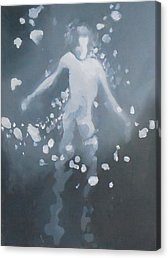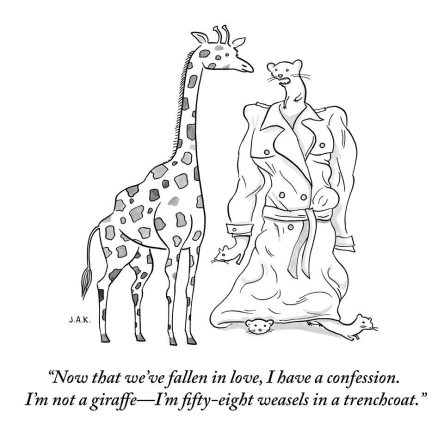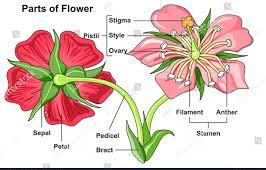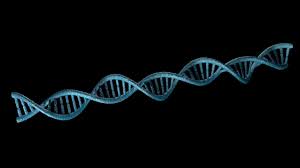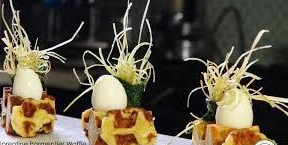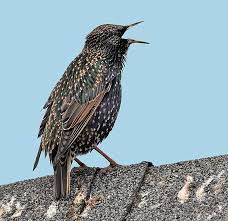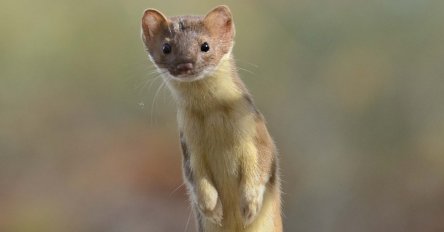
Ho Hum. Don’t want to write about my life, don’t want to regale you with another episode of fights between Robin and I which are as predictable as the sunrise and sunset, but maybe I want to write about what I am reading which is Abundance by Annie Dillard.
Now, I know I said I didn’t like Annie Dillard but then I realized that I had not read her wonderful, confusing illuminating essays.
In the piece I’m thinking about she is in the woods, sitting on a log, when she sees a weasel. She and the weasel lock eyes. She sees his weaselness (not the human weasel, but the real weasel), and he regards this human. She thinks about the consciousness of weasels. Then she thinks about our consciousness. The former acts and lives out of necessity, the later, with choice. In a true emergency you want a weasel on your side.
You might think this is rather silly, but I think it’s really interesting. Why, you ask? Because we call slick and slimy con men weasels. We call sharpsters, weasels. We malign the weasel. Only a human being can be a sharpster. Only a human being can be a shit bird. A weasel acts out of necessity, that is, to survive. Only humans have those “tangled webs (we) weave.”
Weasel/human.
Weasel: weasel wakes up, feels hungry goes to find something to eat, eats, becomes sated, then tired, sleeps, wants to mate, finds someone with which to mate, mates and then feels tired, sleeps.
Human: human wakes up, feels hungry says what do I want to eat? Should I eat this or that, should I eat at my desk or at the breakfast table, should I read the paper while I eat or practice mindful eating because I really could lose a little weight. You get the drift. She hasn’t even eaten yet and already she is confounded by choices.
The weasel acts in exigency, the human, with choice.
Planning, plotting, conniving; these are human contrivances. So is a leisurely breakfast with the paper.
Now wasn’t that a lot more fun than complaining about marriage?

